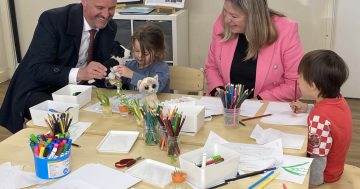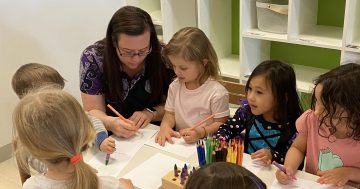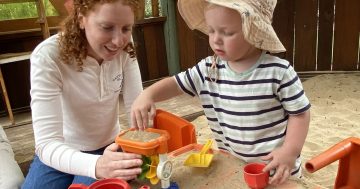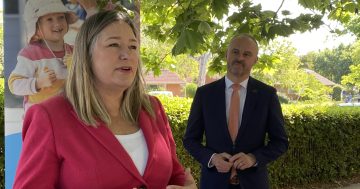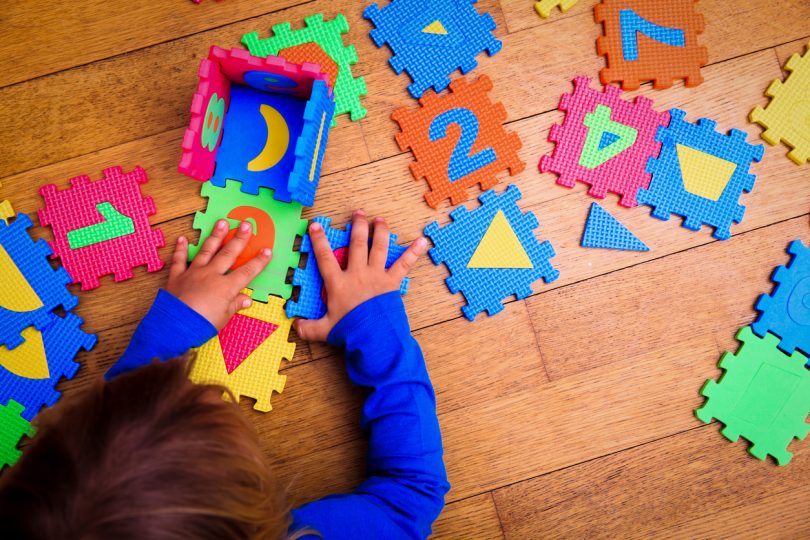
The ACT Government believes educational equity requires a renewed focus on equitable access to high-quality early childhood learning and development opportunities.
The ACT Government plans to extend universal free early childhood education to three-year-olds, setting a goal of 15 hours a week and 600 hours per year.
Minister for Education and Early Childhood Development Yvette Berry said the Government had started work on implementing the plan, which would require a sustainable funding model, ideally with Federal Government support.
Part of the ACT Early Childhood Strategy, it would also need to be phased in, with priority given to those children most in need.
The timeframe and the cost will depend on the model that will be decided after detailed design work and consultation with parents, the early childhood education sector, schools and the wider community.
Full implementation of the current 600 hours per year of preschool for four-year-olds in the ACT has a recurrent cost of about $35.6 million a year, shared between the ACT and Federal Governments.
“This policy objective clearly comes with a financial cost and its incremental implementation will require careful design of a model that is affordable, sustainable, but more importantly keeps the right focus,” Ms Berry said.
“It also means maintaining the pressure on the Federal Government to match its rhetoric in early childhood education with a sustained commitment to partnership funding.”
Ms Berry said the design of a model would be focused on child outcomes and ensure Government investment had the greatest possible impact.
“Through this process, the Government will become able to make decisions about funding and other resource constraints so that progressively every three-year-old child in the ACT has access to free, high-quality early childhood education,” she said.
“Over the coming months I will have a conversation with parents, the early childhood education sector, schools and the wider community about how, and therefore when, the Government will be able to make this vital education opportunity universally available.”
Ms Berry said the Government believed educational equity required a renewed focus on equitable access to high-quality early childhood learning and development opportunities.
The move was based on the recommendation of the recent Report of the Review to Achieve Educational Excellence in Australian Schools through Early Childhood Interventions: Lifting Our Game.
A network of not-for-profit Early Childhood Education and Care providers has welcomed the announcement, saying universal access to quality early education for two years before school would provide the greatest benefits for disadvantaged children.
CEO Community Services #1, and Co-Chair of the Children First Alliance Amanda Tobler said introducing this policy in full would transform children’s lives, particularly those experiencing disadvantage, and not only in their early years but throughout their lives.
The Children First Alliance also welcomed the announcement that a phased implementation would prioritise children in the ACT who are experiencing the most disadvantage.
“For these children, one year of preschool is often not enough to close the achievement gaps,” Ms Tobler said.
She said one in five children in the ACT was developmentally vulnerable on at least one measure when starting school, with the rate doubling for Aboriginal and Torres Strait Islander children.
“The evidence is clear that two or more years in a high-quality early education environment has the biggest impact on a child’s intellectual development, early literacy skills, social and emotional wellbeing,” she said.












